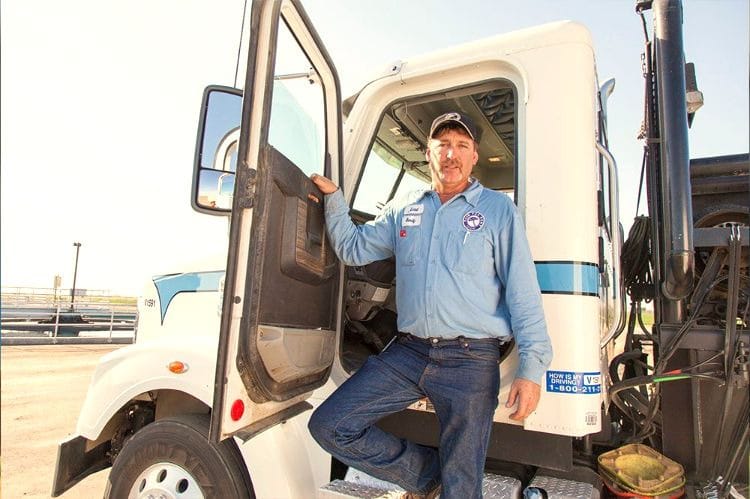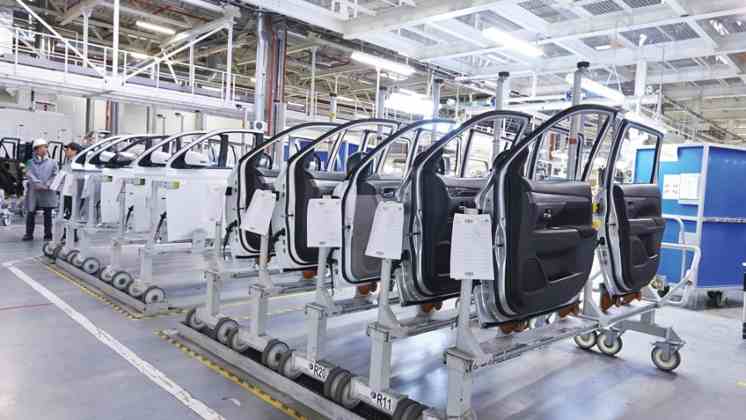The American Transportation Research Institute (ATRI) has a primary role in identifying the critical issues facing the trucking industry today. Their annual report is compiled after a detailed examination of the data supplied by trucking companies and organizations.

The aim is to assist the industry in providing the effective, safe, and vital transportation of freight across the country. The pandemic of 2020 has thrown up exceptional challenges alongside more familiar concerns. Here is a summary of the top ten most critical issues:
1. Driver Shortage
This has been the first issue of some years. There has been a shortage of 50,000-60,000 truck drivers for years and the need to recruit continues. This pandemic year has seen many apply for training and jobs but to date, the levels remain low.
Causes suggested are relatively low pay for the long unsocial hours, older drivers leaving the industry, and detention for drug and alcohol-related infringements. The number of women employed as drivers is still only 6%. The report recommends encouraging more applications from women and minority groups.
2. Driver Compensation

This issue has gone up a notch in 2020 and is often considered one of the prime reasons for driver shortages in the industry. A driver’s average pay increased by $6000 to around $58,000 in the last few years but take-home pay is still insufficient to attract enough recruits.
This is also a factor in the loss of older drivers from the workforce. The report looks at bonus and incentive schemes in various sectors and other businesses to deal with the problem.
3. Truck Parking

Delivery of freight is of huge national importance and insufficient parking areas have been a complaint for a long time. In the 2020 pandemic drivers found yet more parking areas and rest bays blocked off or full up leaving some trucks exposed to danger. Some states have tried to improve truck parking facilities but the position on the list indicates how strongly truckers feel about this issue.
4. Compliance, Safety, Accountability (CSA)
This program of the Federal Motor Carrier Safety Administration (FMCSA) relates to the responsibilities of motor carriers and drivers for safety on the road. The intent is to avoid or reduce crashes. Despite various adjustments to the program, there are many issues still to be resolved to improve the situation.
5. Insurance Costs and Availability
Rising insurance costs have come back onto the top 10 list of issues. Smaller fleets of vehicles have faced increases in premiums 3 times that of larger carriers and caused some to go out of business. The increased costs of insurance have impacted driver training schemes and recruitment. The report makes various suggestions for feasibility studies to examine imposing surcharges and fuel costs on shippers.
6. Driver Retention

This relates again to driver shortages. It is not only older experienced drivers who are leaving the industry but disillusioned newcomers too. New technology appears to benefit drivers, especially younger employees, but many older/veteran drivers feel that their freedoms and way of life have changed too much.
The pandemic has increased demand across the country which makes it even more important to retain new recruits as well as veteran drivers. The industry is already implementing changes to reduce hours and waiting/journey times. Update systems to relieve drivers of paperwork or computer entries, and reduce negativity are also factors. The report also advises greater awareness of quality family time, increased take-home pay and health, and safety issues.
7. Tort Reform
Concern has grown over the size of jury awards in crash litigation cases. Nuclear verdict awards (above $10 million) have increased considerably in recent years and the report advocates pressing for more reasonable limits. Other areas of concern in truck crash litigation are also covered in the report.
8. Economy

The US economy is experiencing a serious downturn as a result of the severe strictures imposed in the Covid-19 pandemic. The effect on the trucking industry has been different from many businesses as delivering supplies has become even more important to the recovering economy.
The way of life for many people has changed permanently and online ordering of products has grown enormously. This is likely to continue beyond the pandemic and means truckers will always be needed to cope with the demand. If a recession bites deep concerns in the industry will revolve around ways to encourage consumer spending, the report makes this clear. This issue, therefore, may rise higher on the list in years to come.
9. Detention/Delay at Customer Facilities
One of the perpetual bugbears of drivers is the time spent waiting at shipping or warehouse facilities. Also, detention pay is a factor in driver retention. Some drivers, mostly from the smaller fleets, say they experienced increased delays during the pandemic, others disagree.
The delays may have been a result of reduced staffing at the facilities during Covid-19, a situation that should correct in time. Improved organization and pre-booking at the facilities are recommended following research in 2020.
10.Hours-of-Service (HOS)

This issue has dropped off higher spots following the implementation of the improved HOS rules in September. This rule allowed for greater flexibility in the time and arrangements of rest breaks and in sleeper berths. The HOS September ruling also covered exceptions on long hauls and in adverse driving conditions.
The report examines the drivers’ views that these rules should be more widely adhered to and do not go far enough to improve conditions. Driver fatigue was outlined as remaining as a major concern in the industry.
Conclusion
The importance of the truck industry in the economy and the smooth running of the country cannot be underestimated. 70% of all US freight is moved by trucks as well as above 80% of consumer goods in every category. Medical supplies, foodstuffs, and raw materials rely on daily deliveries and the explosion of e-commerce has increased the vital role of truckers. The yearly research and collation of issues by the ATRI is an invaluable contribution to improving the efficiency, safety, and conditions of truckers today.

Geoff is a freelance writer at TruckersTraining.com with 20+ years of experience driving trucks and buses, dispatching, supervising, and training commercial driving teams. His expertise is writing topics on the transportation and trucking industry, and information technology trends.